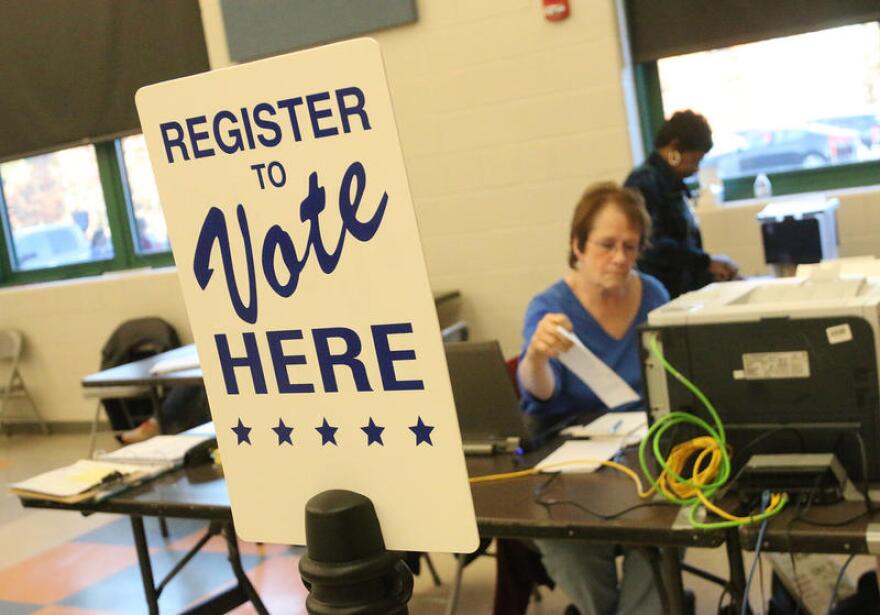Senate Bill 3, the controversial new bill that changes some of the requirements for newly registered voters, gets its first test Tuesday in a special election in Laconia and Belmont. Gov. Chris Sununu says it will protect the integrity of New Hampshire elections. State Democratic Party Chairman Ray Buckley says it’s voter suppression.
Here are some basic questions on the new law that is being challenged in court.
What is it?
It’s called Senate Bill 3, which further defines “domicile” for voting purposes. It took effect Friday.
It requires those registering to vote within 30 days of an election to provide documents to prove they live where they are casting ballots. The law describes one’s “domicile” as fact and intention, “coupled with a verifiable act or acts of carrying out that intent.”
How did this law come to be?

Republicans have a majority control of the state House, Senate and the governor’s office for the first time in a dozen years. The GOP has criticized what it calls a “domicile” loophole for years. Senate Bill 3 was one of several election reform bills drafted last winter. Democrats say the GOP efforts would hamper citizens’ ability to exercise a constitutional right to vote. The Legislature passed it on mostly party-line votes. The Senate voted 14-9 to pass it, and 12 of those 14 Republicans were co-sponsors of the bill.
Sununu signed the bill into law on July 10. Legal challenges were filed in August.
Is it a big change in voter registration?
Secretary of State Bill Gardner testified in support of the legislation. He insists it will not be much of a burden, either for voters or local election officials. He compares it to the implementation of the voter photo ID law. Gardner’s office has provided training to poll workers that have special elections this fall. Democrats maintain the new law will sow confusion, result in long lines at polls, and make registering to vote an adversarial process. Sen. Regina Birdsell, R-Hampstead, a prime sponsor of the bill, says no eligible voter will be blocked from voting.
Democrats further object to the modified voter registration form. The form outlines the penalty for purposely providing false information when registering to vote, as well as penalties for fraudulently registering to vote and voting in more than one state in the same election.
Why is SB3 such a lightning rod?
The legislation received more attention after President Trump’s unfounded allegations of voter fraud in the 2016 election, including in New Hampshire. Some Democrats argue the new law is partisan cover for those allegations of fraud.
Senate Democratic Leader Jeff Woodburn said it was “like throwing a stink bomb in our voting booths.”
But Republicans argue it will prevent people from voting when they are simply in a “Granite State of mind.”









